This book Bhagavad Gita–Beyond the Religions, one of India’s most celebrated classics of contemplation has some new features. First, instead of a dialogue, between Krishna and Arjuna, it actually is a trialouge of the self in communion with the other-self, with the Universal other, Brahman or all which is "in between", a phrase so aptly used by Martin Buber. Secondly, the yoga of the Gita is interpreted as dialectical procedure. The Gita dialectic not only clarifies the Upanishadic notions of the Absolute but also fundamentally contributes towards the synthesis of the great antinomic ways of dhyana, karma, bhakti and jnana. Whereas many classical commentators of the past interpreted the doctrines of the Gita as a moksa-sastra, neglecting its character as a Yoga-sastra or philosophy of dialectical procedure laying down the practical way of achieving emancipation through a synthesis of the various approaches to spiritual development and also to suit the various Darsanas or philosophical systems to which they belong. Thirdly, in this volume appropriate quotations from both ancient and modern sources of religion, East & West, have been included. These show that the Gita represents neither Hinduism nor a sect of Hinduism nor, again, an Eastern yoga, but a universal philosophical religion that crosses the boundaries of creed and civilization. Its synthetic and universal yoga achieving an integration of ontology, religion and ethics, is of profound significance for modern religious thought. This most ancient classic of contemplation has a patent relevance for the tired, anxious and disillusioned world of the present.
Bhagavad Gita: Beyond the Religions
Add to favorites
Contents
$38.70
$43.00
In stock
Free & Quick Delivery Worldwide
All orders amounting to US$ 50 or more qualify for Free Delivery Worldwide. For orders less than US$ 50, we offer Standard Delivery at $14 per book.
ABOUT THE AUTHOR Radhakamal Mukerjee
Radhakamal Mukerjee (1889-1968) has been one of the few multidisciplinarians of our age who wrote with equal case, originality and authority on a large variety of areas including economics, sociology, ecology, mankind, democracy, civilization, art, psychology, personality, population, values, marals, philosophy, evolutionand mysticism. He authored about fifty books on various subjects. He was Professor and Head of the Department of Economics and Sociology from 1921-51 in Lucknow University and later or Vice-Chancellor in the same university for some time. He was invited to deliver lectures in many Indian Universities and also abroad including U.K. Europe, U.S.A., and U.S.S.R. He was Professor and Head of the Department of Economics and Sociology from 1921-51 in Lucknow University and later on Vice-Chancellor in the same University for same time. He was invited to deliver lectures in many Indian Universities and also abroad including U.K., Europe, U.S.A., and U.S.S.R. He was member of many voluntary organisations, government committees including some international bodies. Besides being a renowned scholar, eminent social worker who helped in the organisation of adult education classes, co-operatives and various other welfare activities throughout his life, he was a great mystic. He regularly devoted few hours to yoga and meditation before dawn and during the last few years of his life he used to hold regular fortnightly classes on Bhagavad Gita, which were attended by his disciples and other devotees. Besides Bhagavad Gita, some of his earlier writings on this subject are the Theory and Art of Mysticism (1938), Lord of the Autumn Moon (1957) and Astavakar: The Song of the Self-Supreme (Astavakragita) 1971). Ome of the American Reviewer has considered him to have written some of the most important works of our century. Another American Professor has remarked that R.M. was one of the most gifted of the human minds of our time which has worked in the social sciences and through these sciences to a philosophy of social science and human life.
reviews
0 in total
Review by Anonymous
Be the first to review “Bhagavad Gita: Beyond the Religions” Cancel reply
You must be logged in to post a review.
Bibliographic information
Title
Bhagavad Gita: Beyond the Religions
Author
Edition
1st ed.
Publisher
ISBN
8176460605, 9788176460606
Length
xxxii+392p., Bibliography; Index; 23cm.
Subjects
more by Radhakamal Mukerjee see more
similar bookssee more
Krishna: Everyone’s God
$42.30
$47.00
Sri Subodhini: Commentary on Srimad Bhagavata Purana (Volume 20)
This volume presents, for ...
$45.00
$50.00

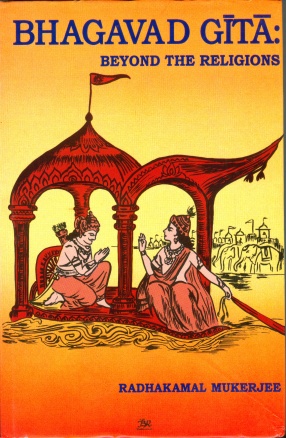
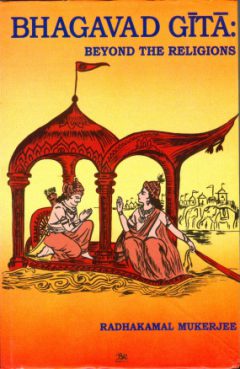
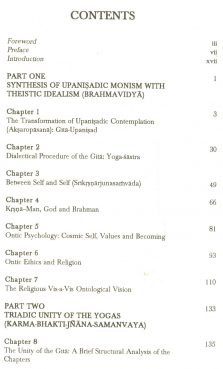
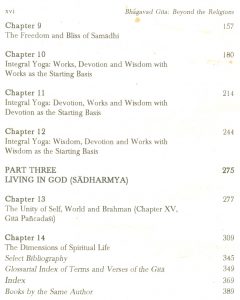
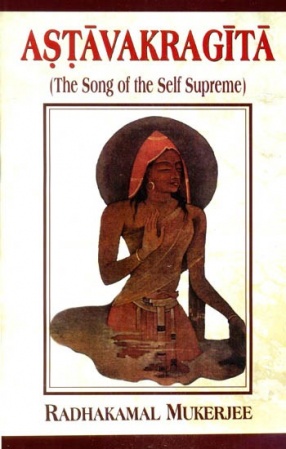
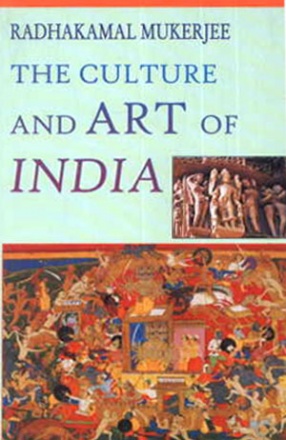
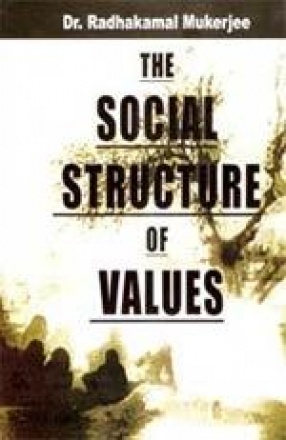
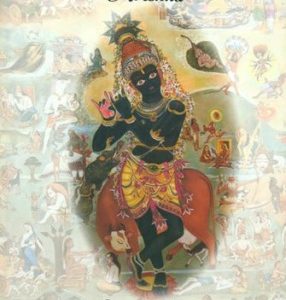
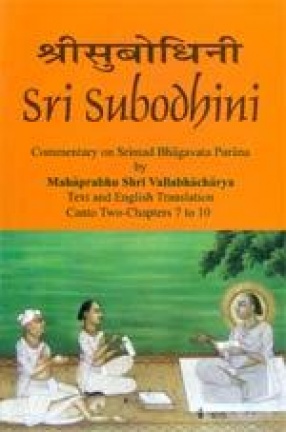
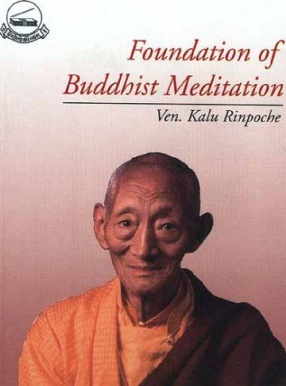
There are no reviews yet.